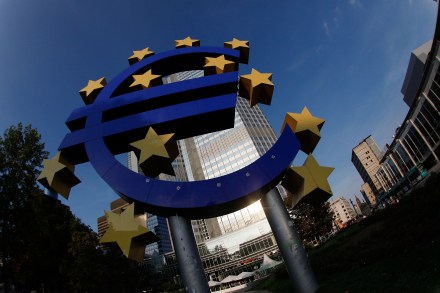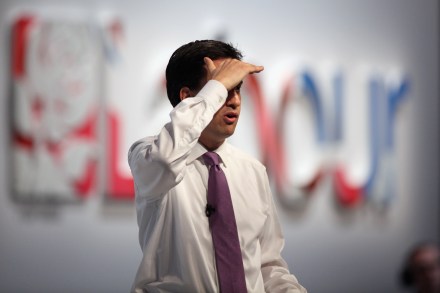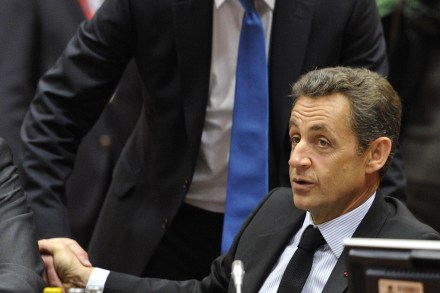Who will bail out the EU bailout fund?
While all eyes are fixed on Italy’s ever-increasing borrowing rates, a far larger problem may well be emerging. The EU bailout fund, set up to help countries who can’t borrow, may itself have trouble borrowing very soon. A sale this morning of 10-year bonds by the European Financial Stability Facility (EFSF) had a very muted response, barely bringing in the €3 billion it was meant to. This despite the fact that the offer was priced at a much more enticing yield, some 90 basis points (or 0.9 percentage points in non-market lingo) above a previous sale. Mind you, that’s better than last week’s sale, which had to be postponed due





















